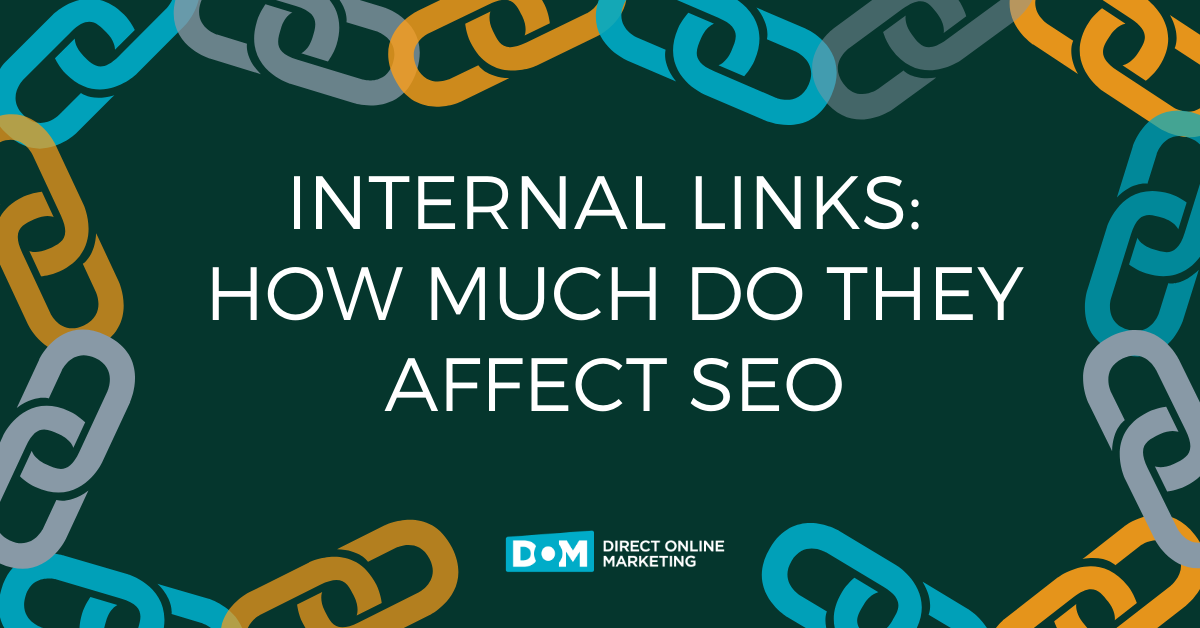Danny Sullivan has done a splendid summing up of the effect of Twitter and Facebook on your average search engine rankings. He even managed to snag the following interview with both Google and Bing about it all:
1) If an article is retweeted or referenced much in Twitter, do you count that as a signal outside of finding any non-nofollowed links that may naturally result from it?
Bing: We do look at the social authority of a user. We look at how many people you follow, how many follow you, and this can add a little weight to a listing in regular search results. It carries much more weight in Bing Social Search, where tweets from more authoritative people will flow to the top when best match relevancy is used.
Google: Yes, we do use it as a signal. It is used as a signal in our organic and news rankings. We also use it to enhance our news universal by marking how many people shared an article.2) Do you try to calculate the authority of someone who tweets that might be assigned to their Twitter page. Do you try to “know,” if you will, who they are?
Bing: Yes. We do calculate the authority of someone who tweets. For known public figures or publishers, we do associate them with who they are.
Google: Yes we do compute and use author quality. We don’t know who anyone is in real life.3) Do you calculate whether a link should carry more weight depending on the person who tweets it?
Bing: Yes.
Google: Yes we do use this as a signal, especially in the “Top links” section [of Google Realtime Search]. Author authority is independent of PageRank, but it is currently only used in limited situations in ordinary web search.4) Do you track links shared within Facebook, either through personal walls or fan pages?
Bing: Yes. We look at links shared that are marked as “Everyone,” and links shared from Facebook fan pages.
Google: We treat links shared on Facebook fan pages the same as we treat tweeted links. We have no personal wall data from Facebook.5) Do you try to calculate the authority of someone on Facebook, either say via their personal wall or their fan page.
Bing: We don’t do this on Facebook. On Facebook, we only get what’s public, only updates and things you’ve posted to everyone as viewable. We don’t get things only shared with friends, so don’t know how authoritative you are on Facebook. There isn’t the whole convenient retweet mechanism we see on Twitter.
We do see valuable content shared by Facebook users, even though we only get what’s public. For example when Gary Coleman died we saw a video from Different Strokes, saying his favorite line “what ya talk’in ’bout Willis” gain popularity. It happened to be what a lot of people are sharing on the day he passed away.
Google: Again, the treatment is the same as for Twitter. And we have no personal wall data from Facebook.
6) Do you calculate whether a link should carry more weight depending on the person who shared it on Facebook?
Bing: We can tell if something is of quality on Facbook by leveraging Twitter. If the same link is shared in both places, it’s more likely to be legitimate.
Google: Same as question 5.7) And just to be really clear, the new Facebook data is not yet being used in ordinary web search, right? (Asked only of Bing, because it was only relevant to them.)
No.
And Rand Fishkin over at SEOmoz also weighs in with a few interesting thoughts as to how it actually shakes down:
Diversity of Sources – having 50 tweets of a link from one account, like having 50 links from one site, is not nearly as valuable as 50 tweets from 50 unique accounts.
Timing – sharing that occurs when an RSS feed first publishes a story may be valuable in QDF (Query Deserves Freshness), but tweets/shares of older pieces could be seen as more indicative of lasting value and interest (rather than just sharing what’s new).
Surrounding Content – the message(s) accompanying the link may give the engines substantive information about their potential relevance and topic; it could even fill the gap that’s left by the lack of anchor text, particularly on Twitter.
Engagement Level – the quantity of clicks, retweets, likes, etc. (if/when measurable) could certainly impact how much weight is given to the link.
We can probably also take a stab at some of the signals Google + Bing use for Author/Social Authority in the context of the sharing/tweeting source:
Quantity of Friends/Followers – like links, it’s likely the case that more is better, though there will likely be caveats; low quality bots and inauthentic accounts are likely to be filtered (and may be much easier to spot than spammy links, due to the challenge they find in getting any “legitimate” friends/followers).
Importance of Friends/Followers – the friends/followers you have, like the link sources you have, are also probably playing a role. Earn high “authority” followers and you yourself must be a high authority person.
Analysis of Friends/Followers Ratios – Much like the engines’ analysis of the editorial nature of links, consideration of whether a social user is engaging in following/follower behavior purely out of reciprocity vs. true interest and engagement may be part of authority scoring. If you have 100K followers and follow 99K of them, but the engagement between you and your followers is slim, you’re likely not as authoritative as an account with 100K followers + 5K following, but those followers are constantly engaged, retweeting, liking, sharing, etc.
Topic Focus / Relevance – The consistency or patterns between your sharing behaviors could also be a consideration, using topic analysis, patterns in the sources of shared/tweeted links, etc. Being an “authority” could even be subject-specific, such that when a prominent SEO tweets links to celebrity news it has less of an impact than when they tweet links to a web marketing resource.
Association Bias – I suspect Google and Bing do a good job of associating social authors with the sites/domains they’re “part of” vs. independent from. Sometimes, this might be as easy as looking at the URL associated with the account, other times it could be based on patterns like where you most often tweet/share links to or whether your account is listed on pages from that site. Basically, if @randfish tweets links to *.seomoz.org, that probably means less than when I tweet links to bitlynews or when someone outside the company tweets links to SEOmoz.
Now I’m not suggesting you set off at a canter and take everything you’ve just read to the bank, but it’s very interesting to what’s coming from the horses’ mouths on this.
Times is changing.
To get more information on this topic, contact us today for a free consultation or learn more about our status as Google Partners before you reach out.


